Best and worst UK banks revealed
We reveal the best UK banks – and the worst – when it comes to managing your money and good customer service. How does your provider compare?


Get the latest financial news, insights and expert analysis from our award-winning MoneyWeek team, to help you understand what really matters when it comes to your finances.
You are now subscribed
Your newsletter sign-up was successful
Want to add more newsletters?

Twice daily
MoneyWeek
Get the latest financial news, insights and expert analysis from our award-winning MoneyWeek team, to help you understand what really matters when it comes to your finances.

Four times a week
Look After My Bills
Sign up to our free money-saving newsletter, filled with the latest news and expert advice to help you find the best tips and deals for managing your bills. Start saving today!
Choosing the best bank for your money isn’t always straightforward. From switching incentives and customer service to branch access, spending benefits and the interest rates on offer, there’s a lot to weigh up before deciding where your cash goes.
We look at the most and least popular banks in a separate guide, where Nationwide stood out thanks to its lucrative cash bonus, Fairer Share payments and top savings rates.
New analysis from Which? sheds light on the best and worst UK banks and bank accounts.
MoneyWeek
Subscribe to MoneyWeek today and get your first six magazine issues absolutely FREE

Sign up to Money Morning
Don't miss the latest investment and personal finances news, market analysis, plus money-saving tips with our free twice-daily newsletter
Don't miss the latest investment and personal finances news, market analysis, plus money-saving tips with our free twice-daily newsletter
We look at the winners and losers, so you can see where your provider sits.
The best UK banks – how they rank
Which? asked thousands of customers how they would rate their banking providers. The data is based on several parameters, including ease of application and service in a bank branch, over the phone, online and app-based, and customer helplines.
In top place is Starling Bank, which is one of Which?’s recommended providers for the seventh consecutive year. The bank ranks highly in customer service and current account users are happy with its online banking service. Starling also launched a new AI banking tool that helps customers learn more about their spending habits.
Monzo is another one of Which?’s recommended providers. The challenger bank impresses customers with fee-free spending abroad, cashback on eligible spending and competitive savings rates, but falls short in customer helpline services.
First Direct is also in the top rankings – it’s one of only two banks which received full five stars for customer service and telephone banking. It also offers fee-free transactions abroad, and has an attractive bank switching deal.
Among more traditional high street staples, Nationwide ranks highly thanks to its extensive branch network. The building society has pledged to protect its branches from closures until at least 2030.
We look at the full results in the table below.
Provider | Customer score | Customer service | Application process | Service in branch | Telephone banking | Online banking | Banking app | Customer helpline |
|---|---|---|---|---|---|---|---|---|
Starling Bank | 86% | ★★★★☆ | N/A | N/A | ★★★☆☆ | ★★★★★ | ★★★★★ | ★★★★☆ |
Allied Irish Bank (GB) | 85% | ★★★★★ | N/A | N/A | ★★★★★ | ★★★★★ | N/A | ★★★★☆ |
Monzo Bank | 85% | ★★★★☆ | ★★★★☆ | N/A | N/A | N/A | ★★★★★ | ★★★☆☆ |
First Direct | 84% | ★★★★★ | N/A | N/A | ★★★★★ | ★★★★★ | ★★★★★ | ★★★★☆ |
Nationwide Building Society | 84% | ★★★★☆ | ★★★★☆ | ★★★★☆ | ★★★☆☆ | ★★★★★ | ★★★★☆ | ★★★★☆ |
Revolut | 83% | ★★★★☆ | ★★★★☆ | N/A | N/A | ★★★★★ | ★★★★★ | ★★★☆☆ |
Chase | 82% | ★★★★☆ | ★★★★☆ | N/A | ★★★★☆ | N/A | ★★★★★ | ★★★★☆ |
Danske Bank | 80% | ★★★★☆ | N/A | ★★★★☆ | N/A | ★★★★☆ | ★★★★☆ | ★★★☆☆ |
Bank of Scotland | 77% | ★★★★☆ | N/A | ★★★★☆ | ★★★★☆ | ★★★★★ | ★★★★☆ | ★★★☆☆ |
Metro Bank | 77% | ★★★★☆ | N/A | ★★★★☆ | ★★★★☆ | ★★★★☆ | ★★★★☆ | ★★★☆☆ |
Barclays Bank | 76% | ★★★☆☆ | N/A | ★★★☆☆ | ★★★☆☆ | ★★★★☆ | ★★★★☆ | ★★★☆☆ |
Ulster Bank | 76% | ★★★★☆ | N/A | ★★★★☆ | N/A | ★★★★★ | ★★★★★ | N/A |
Lloyds Bank | 75% | ★★★☆☆ | N/A | ★★★☆☆ | ★★★☆☆ | ★★★★★ | ★★★★☆ | ★★★☆☆ |
The Co-operative Bank | 75% | ★★★★☆ | N/A | ★★★☆☆ | ★★★☆☆ | ★★★★☆ | ★★★☆☆ | ★★★☆☆ |
NatWest | 74% | ★★★☆☆ | N/A | ★★★☆☆ | ★★☆☆☆ | ★★★★☆ | ★★★★☆ | ★★☆☆☆ |
Bank of Ireland UK | 73% | ★★★☆☆ | N/A | ★★★★☆ | ★★★☆☆ | ★★★★☆ | ★★★☆☆ | ★★★☆☆ |
Royal Bank of Scotland | 73% | ★★★☆☆ | N/A | ★★☆☆☆ | ★★☆☆☆ | ★★★★☆ | ★★★★☆ | ★★☆☆☆ |
HSBC | 72% | ★★★☆☆ | N/A | ★★★☆☆ | ★★☆☆☆ | ★★★★☆ | ★★★★☆ | ★★☆☆☆ |
Halifax | 71% | ★★☆☆☆ | N/A | ★★☆☆☆ | ★★☆☆☆ | ★★★★☆ | ★★★★☆ | ★★☆☆☆ |
Santander | 71% | ★★★☆☆ | N/A | ★★☆☆☆ | ★★☆☆☆ | ★★★★☆ | ★★★★☆ | ★★☆☆☆ |
Virgin Money | 71% | ★★★☆☆ | N/A | ★★★☆☆ | ★★☆☆☆ | ★★★★☆ | ★★★★☆ | ★★☆☆☆ |
TSB | 67% | ★★☆☆☆ | N/A | ★★☆☆☆ | ★★☆☆☆ | ★★★★☆ | ★★★★☆ | ★★☆☆☆ |
Source: Which? data based on a survey from September 2025. N/A means not enough responses for a star rating.
The best UK bank accounts – how they rank
Which? has analysed different bank accounts offered by bank and building societies. The parameters it has tested include interest paid, fee-free spending, interest-free overdraft and monthly fee.
Bank account | Product score | Interest paid on first £1,000 | Fee-free spending and cash withdrawal abroad | Interest-free overdraft | Monthly fee |
|---|---|---|---|---|---|
Virgin Money M Plus | 81% | 1% | Yes | £0 | £0 |
First Direct 1st Account | 77% | 0% | Yes | £250 | £0 |
Starling Current Account | 75% | 0% | Yes | £0 | £0 |
Danske Freedom | 75% | 0% | Yes | £0 | £0 |
HSBC Advance | 71% | 0% | Yes | £25 | £0 |
Allied International Bank (NI) Classic | 70% | 0% | Yes | £200 | £0 |
TSB Spend & Save Plus | 69% | 0% | Yes | £100 | £3 |
Halifax Reward | 69% | 0% | Yes | £100 | £3 |
Barclays Bank Account | 68% | 0% | Yes | £15 | £0 |
Monzo Current Account | 68% | 0% | Yes | £0 | £0 |
Nationwide FlexAccount | 68% | 0% | Yes | £50 | £0 |
HSBC Bank Account | 68% | 0% | Yes | £15 | £0 |
Ulster Bank Select Account | 68% | 0% | No | £0 | £0 |
Club Lloyds | 68% | 1.50% | Yes | £100 | £5 |
NatWest Select | 68% | 0% | No | £0 | £0 |
Royal Bank of Scotland Select | 68% | 0% | No | £0 | £0 |
Nationwide FlexDirect - Non-funded | 67% | 0% | Yes | £50 | £0 |
Cumberland Building Society Plus | 67% | 0% | Yes | £0 | £0 |
Danske Reward - Non-funded | 67% | 0% | Yes | £0 | £2 |
Chase Current Account | 65% | 0% | Yes | £0 | £0 |
Danske Choice | 65% | 0% | No | £0 | £0 |
Santander Everyday | 64% | 0% | Yes | £0 | £0 |
Nationwide FlexDirect - Funded | 63% | 5% | Yes | £50 | £0 |
Lloyds Classic | 63% | 0% | No | £0 | £0 |
Cumberland Building Society Day 2 Day - Age 18-23 | 63% | 0% | Yes | £0 | £0 |
Monzo Extra | 62% | 0% | Yes | £0 | £3 |
Santander Edge | 62% | 0% | Yes | £0 | £3 |
The Co-operative Bank Current Account | 62% | 0% | Yes | £0 | £0 |
Bank of Scotland Classic | 61% | 0% | No | £0 | £0 |
Halifax Current Account | 61% | 0% | No | £0 | £0 |
Cumberland Building Society Day 2 Day - Age 24 and over | 61% | 0% | Yes | £0 | £0 |
Danske Reward - Funded | 61% | 0% | Yes | £0 | £2 |
Danske Standard | 60% | 0% | Yes | £0 | £0 |
Kroo Bank Current Account | 59% | 0% | No | £0 | £0 |
Zopa Biscuit | 59% | 2% | Yes | £0 | £0 |
Allied Irish Bank (GB) Current Account | 59% | 0% | No | £0 | £0 |
Bank of Ireland UK Clear Account | 59% | 0% | Yes | £0 | £0 |
Smile Current | 59% | 0% | Yes | £0 | £0 |
UBL UK ACE | 57% | 0% | Yes | £0 | £0 |
TSB Spend & Save | 56% | 0% | No | £0 | £0 |
Bank of Scotland Classic - with Vantage | 56% | 1% | No | £0 | £0 |
NatWest Reward | 56% | 0% | Yes | £0 | £2 |
Royal Bank of Scotland Reward | 56% | 0% | Yes | £0 | £2 |
Triodos Bank Current Account | 56% | 0% | No | £0 | £0 |
Santander Edge Up | 55% | 2% | Yes | £0 | £5 |
Metro Bank Current Account | 55% | 0% | No | £0 | £0 |
Source: Which?. N/A means not enough responses for a product rating.
How to choose the best bank account for you
Despite the above findings, banking expert at Which?, Chiara Cavaglieri, says: “For too long, the biggest banks haven’t had to work very hard to keep customers, but challengers such as Monzo and Starling have quickly made their mark. They’ve forced bigger providers to innovate, and the result is a market where different providers shine in different areas. Even if you can’t bear to ditch your longstanding bank, think about what's important to you.”
With so many accounts to choose from, there are several factors to consider before you make a decision.
While a bank switching deal means customers have extra cash to cover the Christmas festivities, Rachel Springall, finance expert at Moneyfactscompare.co.uk, warns against making hasty decisions.
“An upfront free cash injection is a great sweetener, but consumers should only ever switch accounts if the new deal offers them better value,” she said, pointing out that while free cash offers don’t last forever, customers shouldn’t feel pressured to switch.
If you’re after spending perks and travel benefits, it might be worth checking out the best packaged bank accounts.
Springall said: “If customers opt into a packaged account, one that bundles in benefits, then they could find it to be more cost-effective than taking out separate insurance policies elsewhere, like travel insurance or mobile phone insurance.”
We look at whether travel insurance is worth it in a separate guide.
“There is a plethora of different benefits to choose from, such as high interest current accounts, those with a competitive overdraft tariff, as well as packaged accounts with integrated insurance plans or even accounts that reward savers or spenders,” Springall added.
“Those consumers who plan to make frequent trips abroad can also find accounts that don’t charge them for using their debit card in an ATM or in-store, so they can avoid paying out on transaction fees compared to a more traditional bank account.”
FSCS scheme: Are your savings safe?
The Financial Service Compensation Scheme (FSCS) protects your savings and investments if a financial services firm goes bust.
This includes current accounts, savings accounts, Shariah-compliant accounts, ISAs, and more.
On 1 December 2025, the FSCS limit rose from £85,000 to £120,000. It means that you will be covered for up to £120,000 if your money is with an FSCS-protected institution.
You can check which institutions are covered on the FSCS website.
Get the latest financial news, insights and expert analysis from our award-winning MoneyWeek team, to help you understand what really matters when it comes to your finances.

Oojal has a background in consumer journalism and is interested in helping people make the most of their money.
Oojal has an MA in international journalism from Cardiff University, and before joining MoneyWeek, she worked for Look After My Bills, a personal finance website, where she covered guides on household bills and money-saving deals.
Her bylines can be found on Newsquest, Voice.Cymru, DIVA and Sony Music, and she has explored subjects ranging from politics and LGBTQIA+ issues to food and entertainment.
Outside of work, Oojal enjoys travelling, going to the movies and learning Spanish with a little green owl.
-
 Can mining stocks deliver golden gains?
Can mining stocks deliver golden gains?With gold and silver prices having outperformed the stock markets last year, mining stocks can be an effective, if volatile, means of gaining exposure
-
 8 ways the ‘sandwich generation’ can protect wealth
8 ways the ‘sandwich generation’ can protect wealthPeople squeezed between caring for ageing parents and adult children or younger grandchildren – known as the ‘sandwich generation’ – are at risk of neglecting their own financial planning. Here’s how to protect yourself and your loved ones’ wealth.
-
 Nationwide promises to protect all its branches from closures until at least 2030
Nationwide promises to protect all its branches from closures until at least 2030The building society has extended its pledge to keep all high street Nationwide and Virgin Money branches open, now until at least 2030.
-
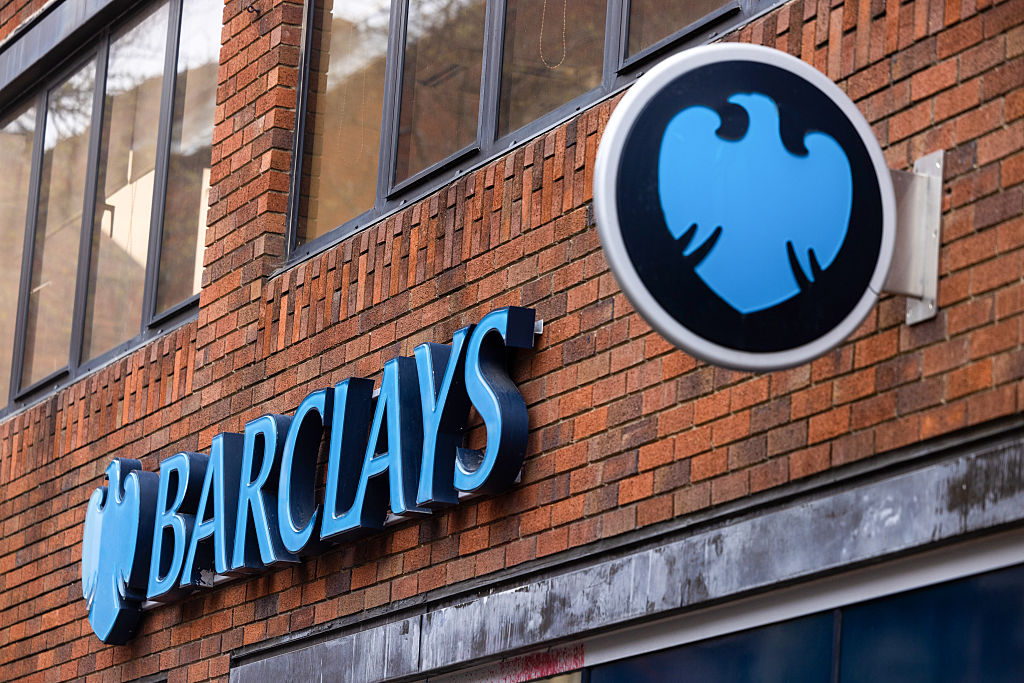 Barclays bank switch: how to get £400 'free' cash by moving accounts
Barclays bank switch: how to get £400 'free' cash by moving accountsBarclays has unveiled a £400 current account switching offer, running alongside its £500 ISA transfer deal. Which accounts are on offer, and are you eligible?
-
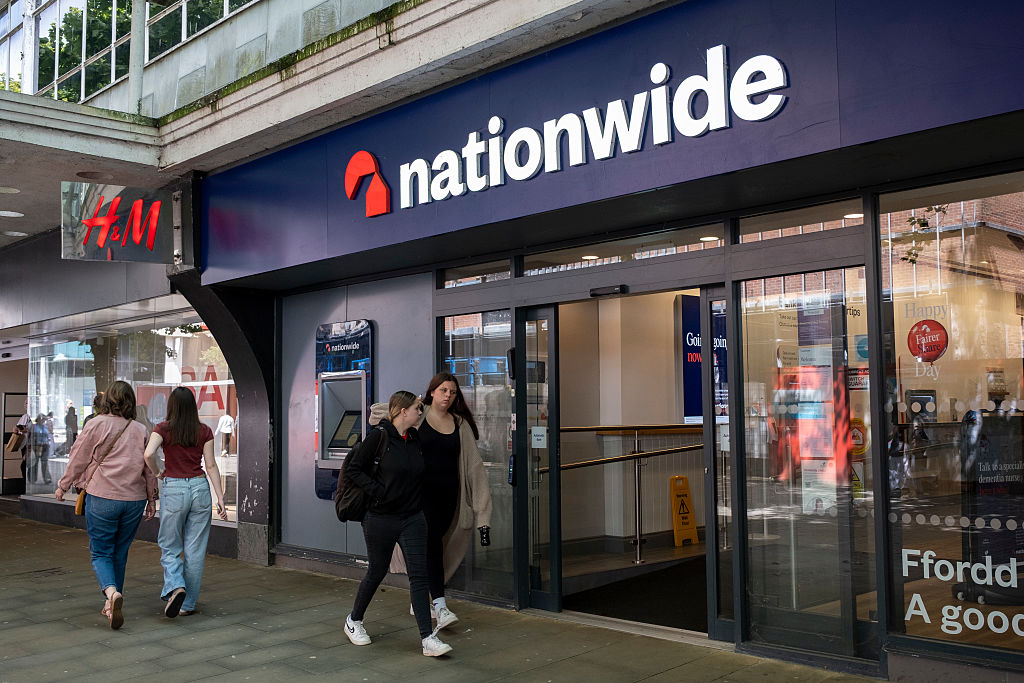 Nationwide Building Society launches £175 switching deal – who is eligible?
Nationwide Building Society launches £175 switching deal – who is eligible?Nationwide Building Society has launched a new current account switching deal. We look at whether you are eligible, and how to get the free cash.
-
 Green mortgages: how do they work and how much can you save?
Green mortgages: how do they work and how much can you save?Most high-street lenders now offer some kind of green mortgage deal. We look at who’s eligible, how to apply and the mortgage rates and cashback on offer
-
 Thousands of Brits switch to Nationwide, Monzo and NatWest – which banks are least popular?
Thousands of Brits switch to Nationwide, Monzo and NatWest – which banks are least popular?We look at the most and least popular banks and building societies as current account bank switches reach a record high. Is it worth moving your money?
-
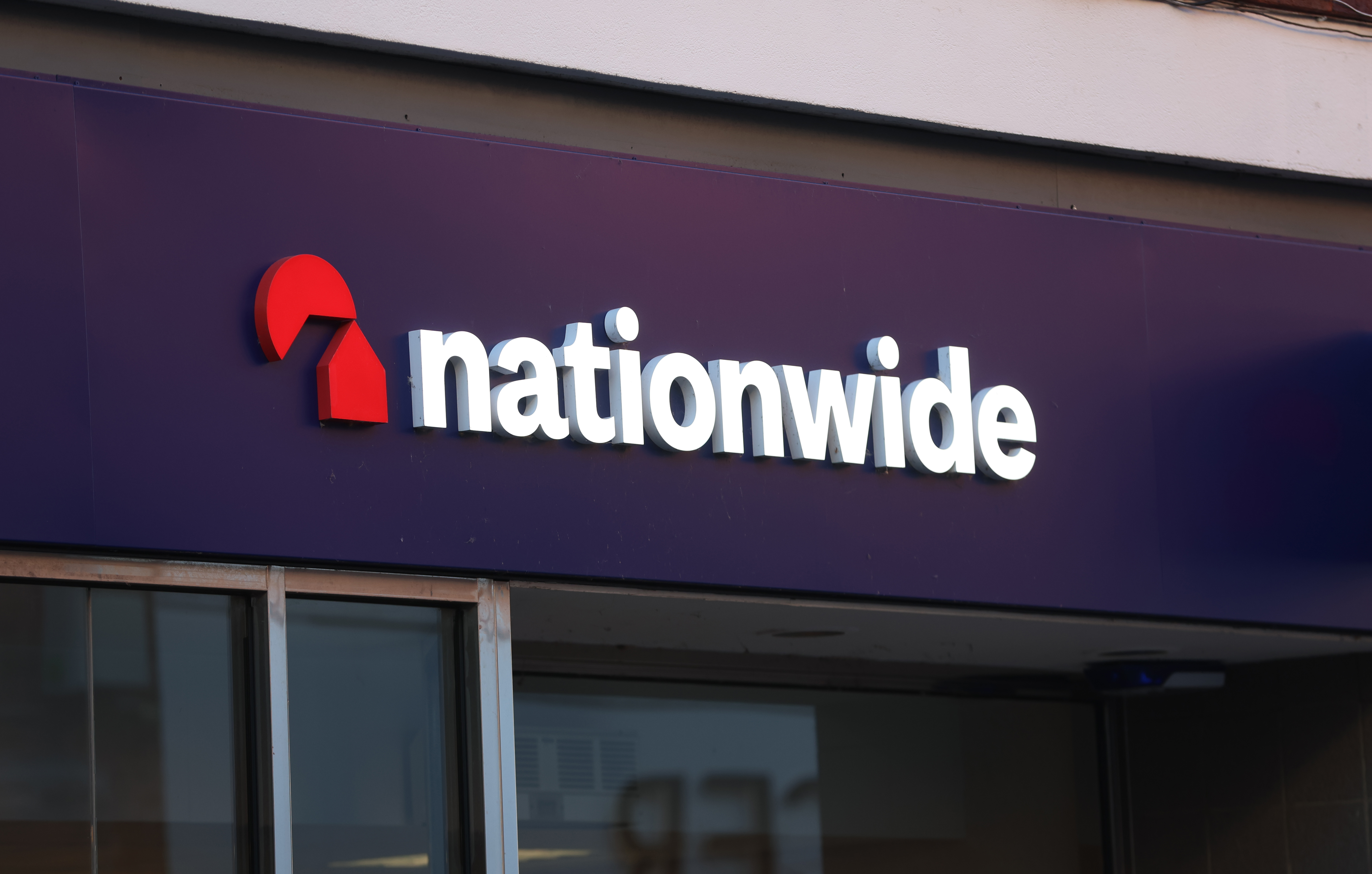 Did you get the £100 Nationwide bonus? Here’s how to check
Did you get the £100 Nationwide bonus? Here’s how to checkNationwide finished paying its £100 Fairer Share bonus last week. We explain what to do if you didn’t get it but think you’re eligible
-
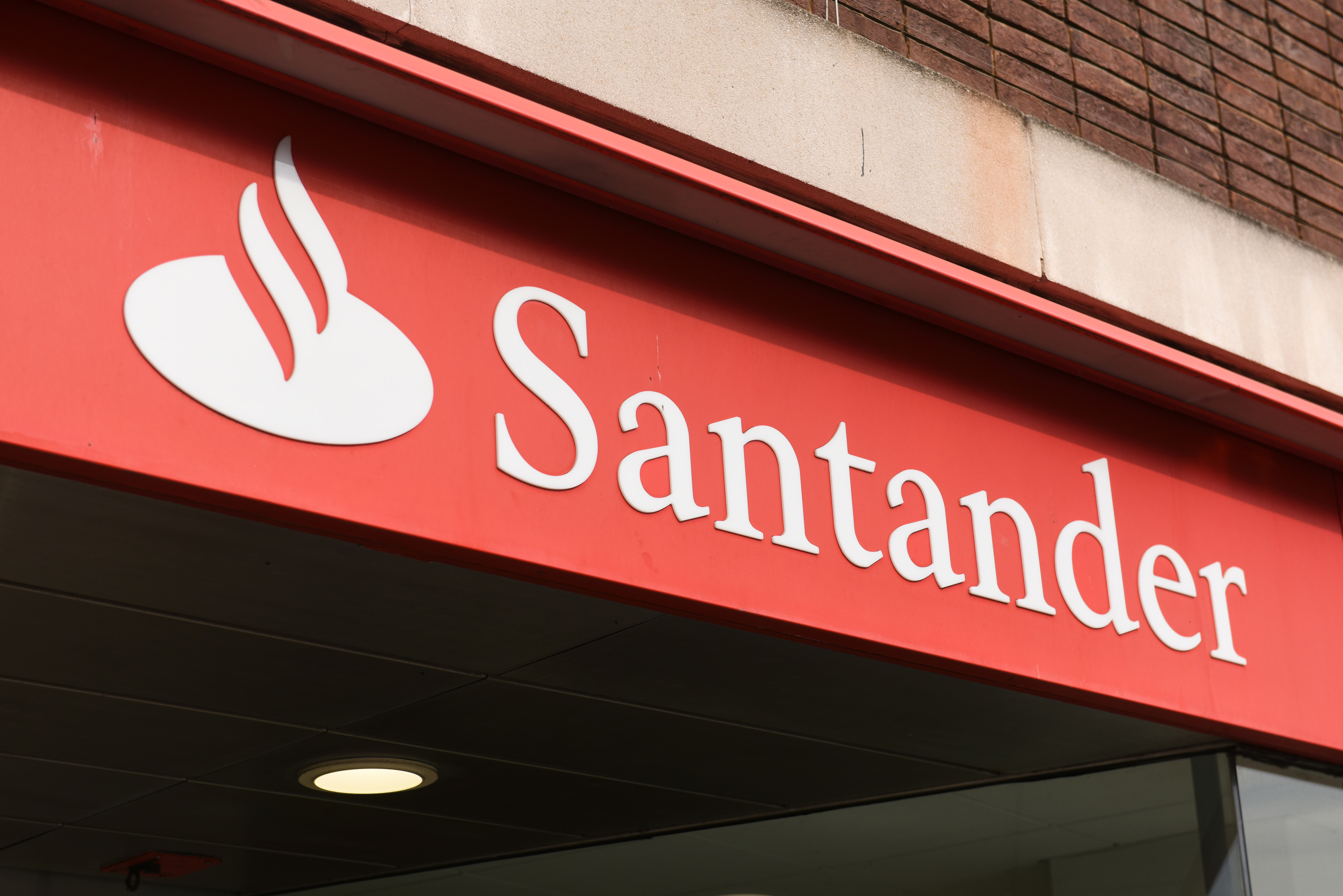 Santander launches free railcard offer - are you eligible?
Santander launches free railcard offer - are you eligible?Santander is offering a free four-year railcard to some customers from today. We explain who will qualify for the incentive
-
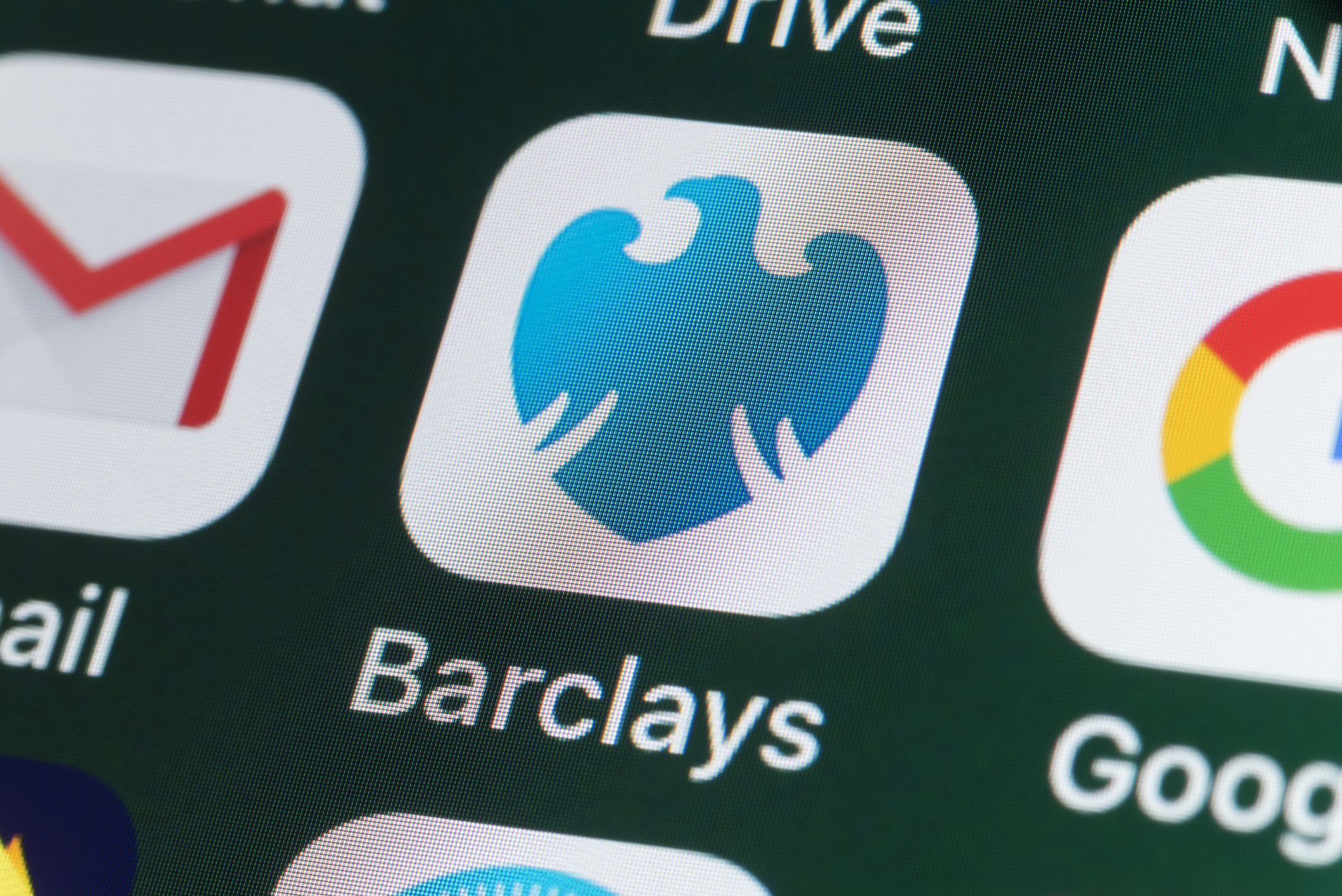 Barclays to pay millions in compensation after IT outage chaos
Barclays to pay millions in compensation after IT outage chaosBarclays intends to compensate customers after an IT outage caused payment problems for three days